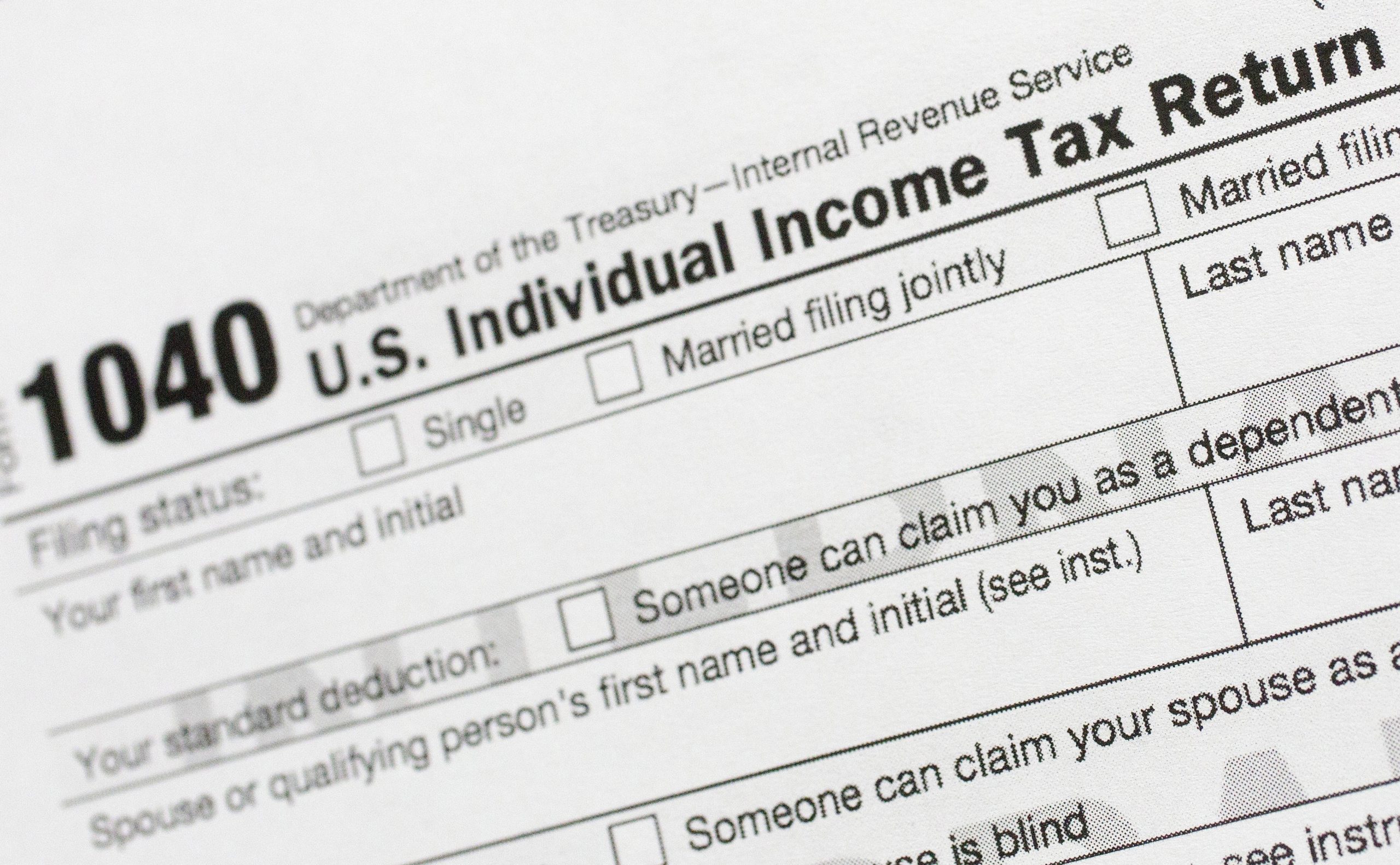Navigating Wisconsin’s state tax filing just got easier with the introduction of the WisTax electronic filing system. This revamped platform replaces the outdated WI e-file, making it simpler for residents to submit their returns online. Eligibility for WisTax requires recent tax filing in Wisconsin, full-year residency, and possession of a state driver’s license or ID card. After filing federal taxes, users can access the correct form on the Department of Revenue’s portal. Those who don’t meet the criteria can opt for third-party software or paper filing.

Your Guide to Smooth Wisconsin State Tax Filing: Deadlines, Free Services, and Refund Timing
Wisconsin Joins IRS Free File for Hassle-Free Tax Filing!
Additionally, Wisconsin residents can now benefit from the IRS Free File program, marking the state’s inaugural participation. This initiative allows individuals with an adjusted gross income of $79,000 or less to file their federal and, in most cases, state taxes for free using partner software. For those surpassing the income threshold, free fillable forms are available. Accessing this option requires starting at IRS.gov rather than directly visiting a company’s website.
The deadline for Wisconsin State Tax Filing 2023 tax returns in Wisconsin is April 15, 2024. Paper filers must ensure proper addressing, prepaid postage, and postmarking by the due date, with the return reaching the Department of Revenue within five days thereafter. Failing to meet this deadline incurs a $50 fee and monthly interest. However, a 180-day extension is available, details of which can be found on the department’s website.
READ ALSO: American Pensioners Benefits Soar With February’s Social Security Increase
Tips for Timely Filing and Identity Protection
It’s advisable to wait until all necessary documents, such as W-2s and 1099s, are received before filing to avoid errors and potential delays in refund processing. Identity theft concerns prompt the recommendation to file as soon as all information is gathered. To bolster security, individuals can register for a Wisconsin Identity Protection PIN, serving as a password for tax returns and deterring potential fraudsters.
The most frequently asked question, “When will I get my Wisconsin income tax refund?” can be answered using the department’s “Where’s my Refund” tool or by contacting customer service. Electronic filers typically receive refunds within 12 weeks, while paper filers may experience delays.

















































